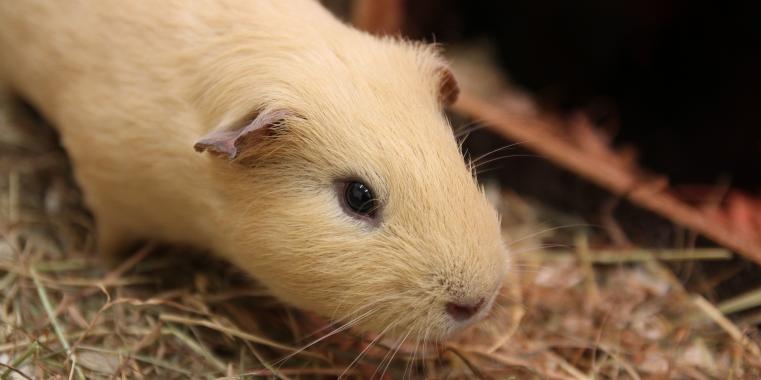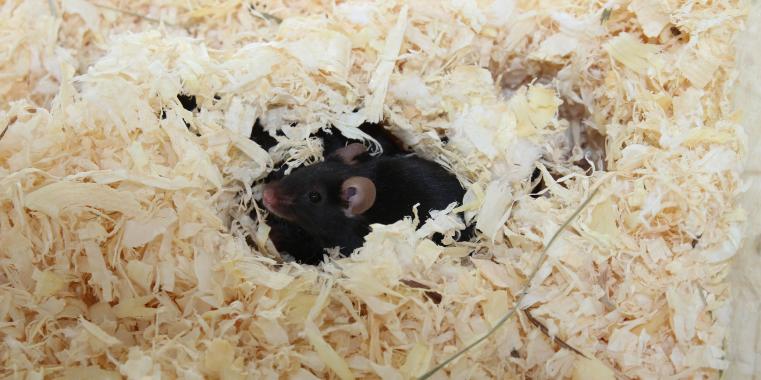











AG Kaiser, AG Richter, AG Sachser
Animal welfare is a central theme in current behavioural biology research. Therefore, there is a considerable need for research regarding the basic requirements that animals have for their environment, which situations are distressing, and under what conditions animals thrive. Using a variety of methods, we identify factors that contribute to welfare of various animal species.
AG Kaiser, AG Richter, AG Sachser
Behavioural development is a continual process in mammals from the prenatal phase through adolescence. We investigate how genetic predispositions and experiences in these phases shape the thinking, feeling, and behaviour of animals and thus lead to the emergence of unique individuals.
AG Richter
Scientists are increasingly discussing the difficulties of reproducing seemingly conclusive research results at a later date; this problem is termed the Reproducibility Crisis. To combat this issue, laboratory animal science textbooks recommend carrying out experiments under highly standardized conditions. However, the more standardized an experiment is, the harder it becomes to reproduce the results under slightly different conditions. Under the keyword "systematic heterogenization", we are exploring alternative approaches to improve the informative value and reproducibility without having to increase the numbers of animals.
AG Richter
Research approaches in the field of refinement of animal experiments are becoming increasingly important since the amendment to the German Animal Welfare Act and the EU Directive 2010/63/EU on the protection of animals used for scientific purposes and the amendment of the German Animal Welfare Act . However, in order to improve animal experimentation and reduce the burden on animals during experiments, it is first of all important to identify reliable indicators for systematic assessment of stress and well-being. Foremost among these are studies on the prevention of behavioral disorders or on the improvement of husbandry conditions and feeding methods of laboratory mice.
AG Kaiser
Hormones both play a decisive role in regulating behaviour and can be substantially influenced by social experiences and the environment. The aim of our research is to better understand the interaction of the environment, hormones, and behaviour.
AG Kaiser, AG Sachser
The majority of the animals in human care are domestic animals created by the process of domestication from wild animals. Our research analyzes the changes that the process of domestication has elicited in behaviour and hormonal systems and how well domesticated animals can adapt to the conditions provided by humans.
AG Sachser
Several species of wild cavies live in South America that are characterized by completely different mating and social systems. Using a combination of field and animal studies, we want to understand how evolution leads to the diversification of social systems. As part of these studies, a new mammal species has been discovered: The Muenster yellow-toothed cavy.